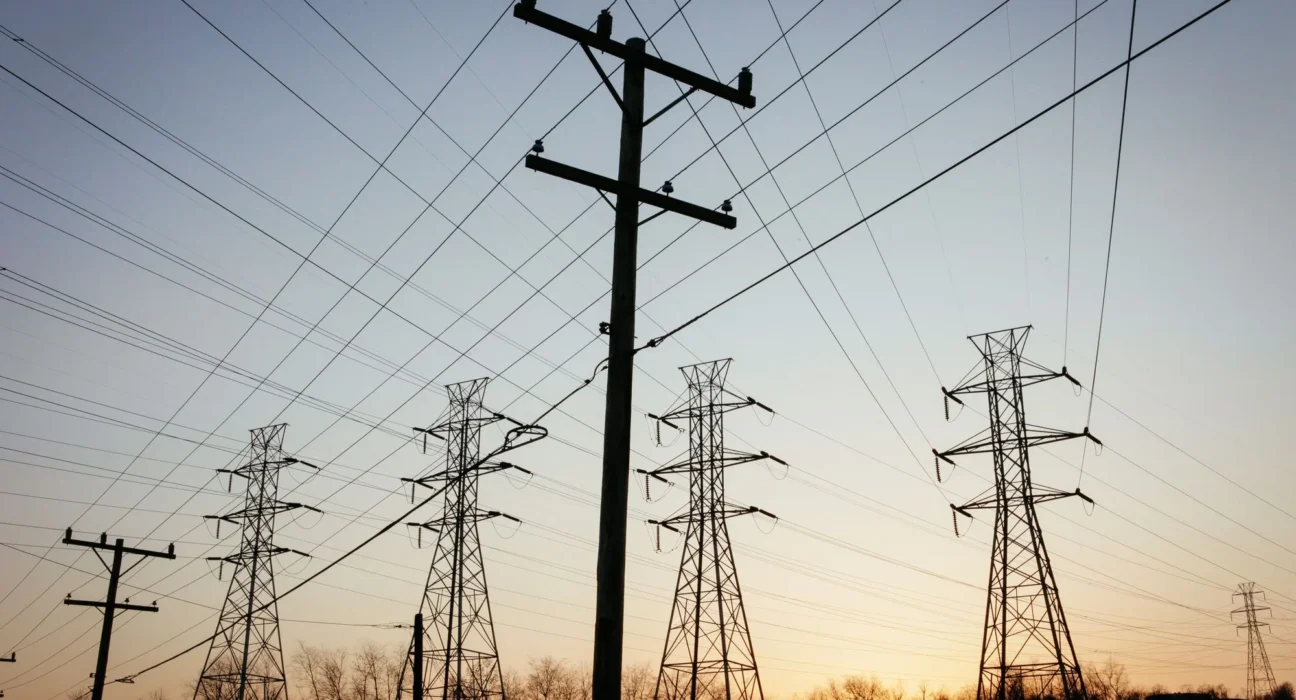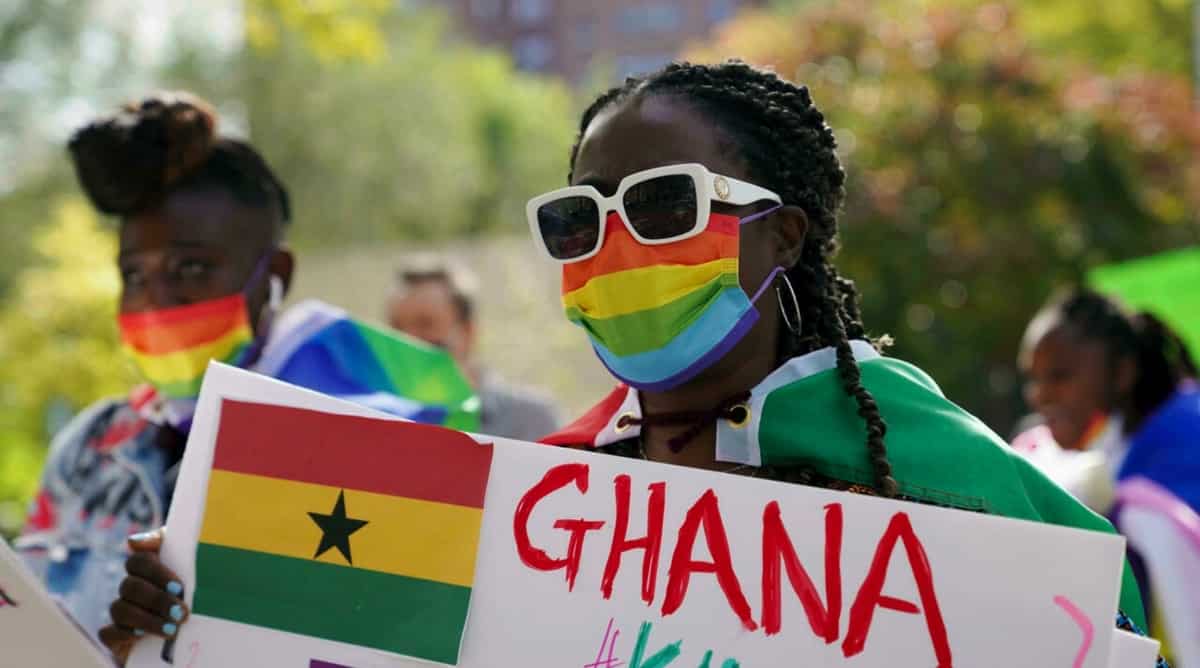Starting July 1, electricity bills across Ghana will go up by 2.45%, following a new directive from the Public Utilities Regulatory Commission (PURC).
The increase, which affects all customer categories, is part of the Commission’s regular Quarterly Tariff Review. Water tariffs, however, will remain unchanged.
The PURC attributes the latest upward adjustment to a range of external economic pressures that affect utility providers’ costs but remain outside their control. These include the volatile exchange rate between the Ghana cedi and the US dollar, inflation, fuel prices—especially natural gas—and the country’s current electricity generation mix, which relies on both hydro and thermal sources.
Beyond these macroeconomic factors, the Commission said it also considered a GHC488 million debt accumulated over the past three quarters, as well as expenses related to maintaining reserve capacity for power reliability. It further factored in 27% of the cost associated with using alternative fuels such as Distillate Fuel Oil (DFO), Heavy Fuel Oil (HFO), and Light Crude Oil (LCO).
This review comes on the heels of a more substantial increase introduced earlier in the year—14.75% for electricity and 4.02% for water—triggered by similar conditions.
With inflation biting and economic recovery still slow, the repeated increases in utility costs are sparking discontent among consumers. Duncan Amoah, Executive Secretary of the Chamber of Petroleum Consumers (COPEC), has openly criticized the new hike, pointing to systemic inefficiencies in the power sector.
“If you look at the circumstances surrounding the ECG, there are issues of accountability that render even public procurement processes and laws moot and ineffective,” Amoah argued. “We have almost 2,000 containers unaccounted for, running into hundreds of millions of Cedis. Then, we turn back and claim we don’t have money, hence being unable to sustain operations. Therefore, we are raising tariffs. This doesn’t add up, and PURC needs to backtrack on the decision.”
Despite the criticism, the PURC has stood by its decision and thanked stakeholders for their continued cooperation. In a statement, the Commission emphasized its commitment to monitoring utility providers and ensuring they meet regulatory standards.
“The Commission will continue to monitor the operations of the regulated service providers and to hold them accountable to its regulatory standards and benchmarks to ensure value for money and improved quality of service delivery,” it said.








